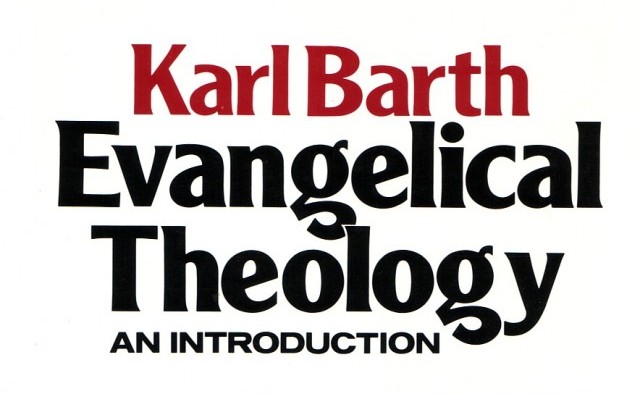In Evangelical Theology Barth moves from his introductory material and begins to address the Word as the object of theological reflection.
First, he briefly speaks to the place of theology within the University. He suggests that this field of study, which at one time held a prominent position in educational life, has been relegated to the backwater of humanities. This marginalization of theology results in an insecurity within the discipline which manifests itself in a need to secure its place in the academy by capitulating to the philosophical presuppositions which animate the university. At a weekly school meeting, I’ve been a part of an ongoing conversation for about a month now in which one of the things we’re discussing is how theology is meant to interface with other fields of thought. While the conversation has been helpful, there certainly haven’t been any meaningful conclusions. That said, Barth is something of a radical in suggesting that theology can go about its business without being overly concerned with what other academic disciplines think of the theologians work.
Barth’s aim in the remainder of the chapter is to further extend the observation he made in the introductory section that theology has a specific object – namely God. However, Barth is insistent that one isn’t able to immediately apprehend God. Fair enough. Rather, we can only ‘theologize’ over that which God chooses to reveal of himself. This revelation is his Word.
Now, evangelical protestants will want to avoid jumping to conclusions concerning the identity of this ‘Word’. Our impulse is to equate God’s Word with the Bible. This one to one identification is something that we make with little or no effort. Not so for Barth. He understands the Word to be God’s self-disclosure – primarily in Jesus Christ. There is a way of understanding the Bible in terms of the Word of God, but only in as much as it is a re-presentation of the Word that is Jesus. I know that for most this is the kind of hair-splitting that causes people to think theologians need a good kick in the pants. I assure you that for Barth, there is much hanging in the balance on this. The main thing to remember is that Scripture and the Word aren’t exactly the same thing. He’ll have a different “w” word for Scripture that he’ll get to in the next chapter.
Part of Barth’s insistence on wanting to make a distinction between Scripture and Word is his insistence that the God has spoken, is speaking, and will continue to speak. I realize that one can (and does) say this is exactly what the Bible is all about, but Barth wants to maintain a distinction between a ‘Person’ who speaks and the book that both reveals his speaking and is the means by which that Person speaks.
In as much as the Word has been revealed in Christ, then Christian theology is not just study of God in some general sense, but the particularity of God revealing himself in a human being and…
The task of evangelical theology, therefore, is to hear, understand, and speak of the consummation of God’s Word, both its intensive and its extensive perfection as the Word of the covenant of grace and peace. In the Christ of Israel this Word has becomeparticular, that is, Jewish flesh. it is in the particularity of the flesh that it applies universally to all men. The Christ of Israel is the Saviour of the World.
Folks often have deep concerns about Barth’s orthodoxy (and perhaps rightly so), but it doesn’t get much more ‘evangelical’ than that. By the way, since the word ‘universal’ is so freighted with baggage these days, you should know that Barth doesn’t necessarily use it in the same way that people have come to understand it today. I know that this is a recurring theme, Barth not using words the way we use words. He isn’t being cagey. He’s just living in a different time and place.



